
In the realm of education, the foundation for effective learning is built upon a multitude of factors. One such factor lies in the essential school facilities that provide students with a conducive environment to explore and expand their knowledge.
These facilities, including the school library, laboratories, gymnasium, and café, play a vital role in shaping students' educational experiences. They offer students a variety of spaces to engage in different types of learning activities. The school library, for example, provides a quiet and comfortable space for students to read, research, and study. Laboratories offer hands-on experiences and practical application of theoretical concepts. The gymnasium promotes physical fitness and team-building through sports and exercise. The café provides a social space for students to relax, interact, and build relationships with their peers.
Furthermore, classroom technology serves as an innovative tool that enhances learning outcomes. With the integration of technology, teachers can deliver engaging lessons that cater to different learning styles. Students can access online resources, collaborate with their classmates, and develop digital literacy skills. Technology also allows for personalized learning experiences, as students can progress at their own pace and receive immediate feedback on their work.
This article aims to delve into the significance of these building blocks of learning and highlight their role in fostering academic growth and development. By providing students with well-equipped facilities and leveraging technology in the classroom, educators can create an environment that nurtures curiosity, critical thinking, and a lifelong love for learning.
Key Takeaways
- School libraries and laboratories play a crucial role in enhancing academic growth, critical thinking, and information literacy skills.
- Hands-on experiments and fostering scientific curiosity in laboratories promote active learning, engagement, and preparation for STEM careers.
- The gymnasium and team sports contribute to physical health, mental well-being, and the development of social skills and effective teamwork.
- Collaborative spaces, such as the café and classrooms with tech tools, enhance overall well-being, cognitive function, active engagement, communication, and problem-solving skills.
The School Library: A Hub for Knowledge and Exploration
The school library serves as a central hub for students to access various resources and engage in knowledge acquisition and exploration. It plays a pivotal role in supporting the academic growth and development of students by providing them with a wide range of resources that cater to their diverse needs.
School library resources include books, magazines, journals, digital media, and online databases that cover various subjects and disciplines. These resources enable students to conduct research, enhance their critical thinking skills, and develop effective information literacy skills. By utilizing these resources, students can expand their knowledge base beyond what is taught in the classroom and explore topics of personal interest.
The school library also provides a quiet environment conducive to studying and encourages independent learning. Overall, it serves as an essential component in fostering research skills and promoting lifelong learning among students.

Laboratories: Unleashing the Scientist Within
Hands-on experiments are essential in the field of science as they provide students with opportunities to apply theoretical knowledge and develop practical skills.
By engaging in hands-on activities, students can deepen their understanding of scientific concepts and build critical thinking abilities.
Furthermore, fostering scientific curiosity is vital for encouraging lifelong learning and nurturing a passion for discovery in students, which can ultimately lead to advancements in various fields of science.
Hands-On Experiments: Essential
Conducting experiments that involve practical application and active engagement is considered crucial in the learning process. Hands-on learning and interactive experiments provide students with opportunities to explore concepts, develop problem-solving skills, and deepen their understanding of subject matter. Research has shown that incorporating hands-on activities into the curriculum can enhance student motivation, engagement, and retention of knowledge.
Hands-on learning allows students to actively participate in the learning process by manipulating materials, conducting investigations, and making observations. This experiential approach encourages critical thinking, creativity, and collaboration among students. Interactive experiments enable students to apply theoretical knowledge to real-world situations, fostering a deeper understanding of complex concepts.
Furthermore, hands-on experiments promote freedom in education by empowering students to take ownership of their learning experience. By engaging in practical activities and exploring ideas firsthand, students become active participants rather than passive recipients of information.
Fostering Scientific Curiosity: Vital
Fostering scientific curiosity in students is crucial for promoting engagement and understanding of scientific concepts. By encouraging students to ask questions, explore, and seek answers through inquiry-based learning, educators can create an environment that nurtures their innate curiosity about the world around them.
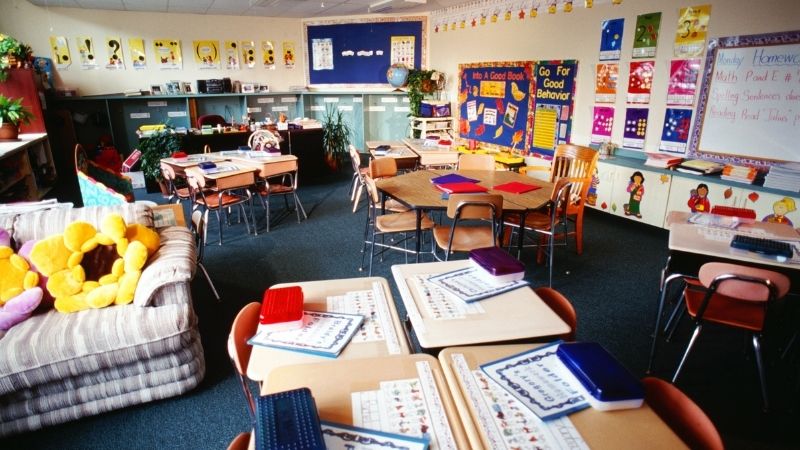
Research has shown that fostering scientific inquiry not only leads to increased interest and motivation in science but also promotes critical thinking skills and problem-solving abilities. This approach aligns with the goals of promoting STEM education, which seeks to prepare students for careers in science, technology, engineering, and mathematics.
The Gymnasium: Fostering Physical Health and Teamwork
Team sports offer a range of benefits for individuals, both physically and mentally. Engaging in team sports promotes physical well-being by providing opportunities for regular exercise and developing important motor skills.
Additionally, participation in team sports encourages collaboration and camaraderie among teammates, fostering social interaction and improving overall mental health.
Benefits of Team Sports
The benefits of participating in team sports include improved physical fitness, enhanced social skills, and increased self-confidence. Team sports provide numerous mental health benefits, such as reducing stress levels and improving overall mood. Engaging in regular physical activity through team sports has been shown to decrease symptoms of anxiety and depression.
Additionally, participating in team sports fosters leadership development by allowing individuals to develop skills such as communication, decision-making, and problem-solving within a group setting. Through the experience of being part of a team, individuals have the opportunity to take on leadership roles and learn how to effectively work with others towards a common goal.
Overall, participating in team sports not only improves physical health but also contributes positively to mental well-being and personal growth.
- Mental Health Benefits
- Leadership Development
Engaging in regular physical activity through participation in team sports is associated with numerous benefits for promoting physical well-being.
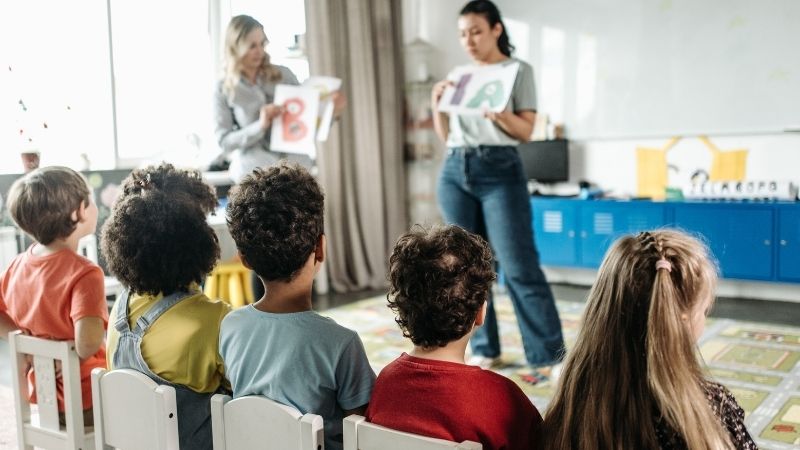
Team sports provide a structured and enjoyable way to engage in physical fitness, which can lead to the development of healthy habits. Research has shown that participating in team sports can improve cardiovascular health, enhance muscular strength and endurance, and promote overall fitness levels.
Additionally, team sports offer opportunities for social interaction and teamwork, fostering positive relationships and boosting mental well-being. Regular engagement in team sports also helps prevent chronic diseases such as obesity, diabetes, and heart disease by reducing body fat percentage and improving metabolic function.
Furthermore, the discipline required to participate in team sports can instill lifelong habits of exercise and promote overall health throughout one's lifespan.
Collaboration and Camaraderie
In addition to promoting physical well-being, school facilities play a crucial role in fostering collaboration and camaraderie among students. The importance of building relationships and working together on group projects cannot be overstated in the learning process.
School libraries provide a quiet and conducive environment for students to engage in collaborative research or study sessions.
Laboratories offer students the opportunity to work together on experiments, fostering teamwork and problem-solving skills.
Common areas like cafeterias or lounges provide spaces for informal interactions, allowing students to build social connections and develop friendships.
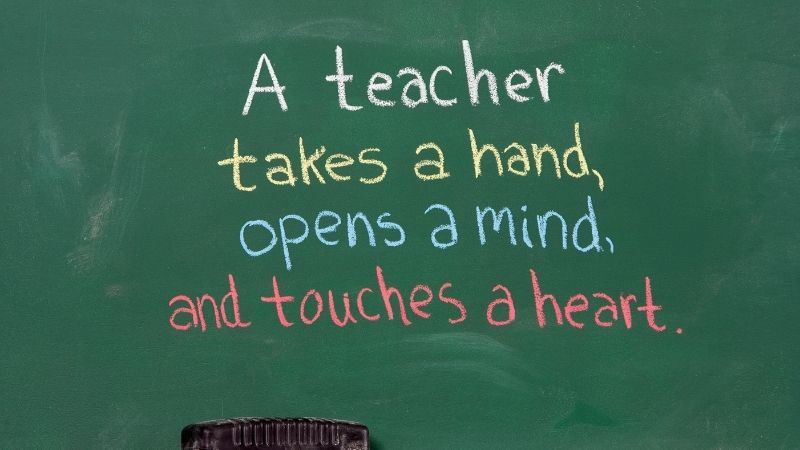
These facilities not only facilitate academic growth but also contribute to the overall development of students by instilling values such as cooperation, communication, and mutual respect.
The Café: Fueling Bodies and Minds
Cafés within school facilities serve as spaces where students can refuel and replenish their energy, supporting their overall well-being and enhancing their focus during the learning process. These cafés provide an essential service by offering healthy food options that nourish students' bodies and minds. Research has shown that a balanced diet is crucial for optimal cognitive function, memory retention, and overall academic performance. By providing nutritious meals and snacks, cafés contribute to students' physical health, ensuring they have the necessary energy to engage in learning activities effectively.
Furthermore, cafés also offer socializing opportunities for students. These spaces encourage interaction and collaboration among peers, fostering a sense of community within the school environment. Socializing with classmates during breaks has been linked to increased motivation, improved mental well-being, and enhanced engagement in classroom activities.
Overall, cafés within school facilities play a vital role in promoting student well-being by offering healthy food options and creating socializing opportunities. These amenities support students' physical health while contributing to a positive learning environment conducive to academic success.
Classroom Tech: Revolutionizing Learning Experiences
Classroom technology has revolutionized educational practices by providing students with access to a wide range of digital resources and interactive tools that enhance their learning experiences. This advancement in technology has paved the way for personalized learning, allowing students to tailor their education to meet their individual needs and interests.
Interactive education is another significant benefit of classroom tech, as it encourages active engagement and participation from students. With the use of digital platforms and applications, learners can actively interact with the content they are studying, reinforcing their understanding through practical application.
Moreover, classroom tech facilitates communication and collaboration among peers and teachers through virtual discussions and online forums. This not only enhances critical thinking skills but also fosters a sense of community within the classroom environment.
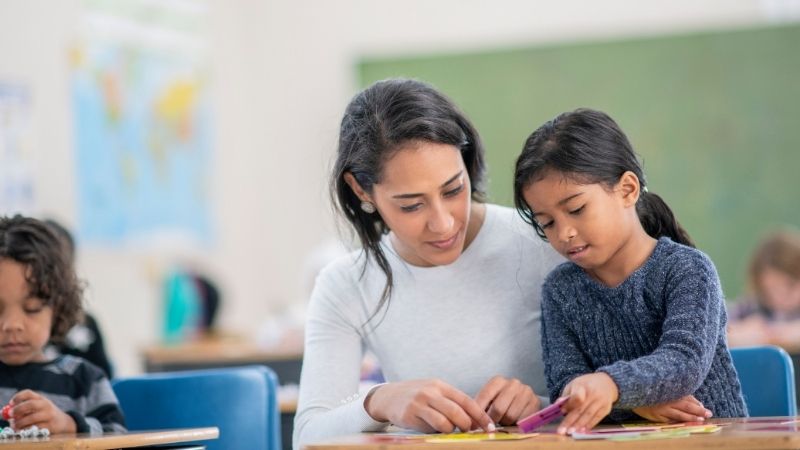
Creating Collaborative Spaces for Effective Learning
Collaborative spaces that foster effective learning are essential for students to develop their critical thinking and problem-solving skills. Research has shown that collaborative learning environments promote engagement, active participation, and the exchange of ideas among students. These spaces provide opportunities for group projects, discussions, and peer interactions, enabling students to learn from each other's perspectives and experiences. Collaborative learning also enhances social skills such as communication, teamwork, and leadership. Moreover, working in groups allows students to develop their ability to negotiate, compromise, and resolve conflicts effectively – valuable skills for the future workforce.
Transitioning into the subsequent section about enhancing learning through innovative facilities:
In addition to collaborative spaces, schools can further enhance learning experiences through innovative facilities that cater to various aspects of student development.
Enhancing Learning Through Innovative Facilities
Innovative facilities play a crucial role in creating an environment conducive to effective learning and student development. These facilities incorporate various elements that enhance the learning experience and promote student engagement.
Integrating technology: The use of technology in classrooms allows for interactive and personalized learning experiences. It enables students to access vast amounts of information, collaborate with peers, and develop essential digital literacy skills.
Innovative learning spaces: Designing flexible and adaptable learning spaces encourages creativity, collaboration, and critical thinking among students. These spaces can include areas for group work, quiet study zones, and comfortable seating arrangements that foster active participation in the learning process.
State-of-the-art equipment: Equipping schools with modern tools such as advanced laboratory equipment or multimedia resources supports hands-on experimentation, exploration, and discovery-based learning. Such resources provide students with practical experiences that deepen their understanding of concepts.
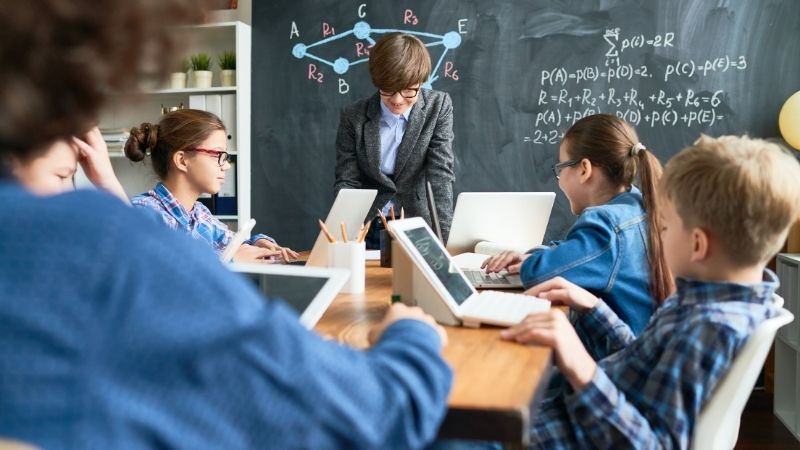
Frequently Asked Questions
How Can the School Library Contribute to the Development of Critical Thinking Skills?
The school library can contribute to the development of critical thinking skills by providing access to a wide range of resources that encourage independent research, analysis, and evaluation. These resources include books, databases, and online platforms that promote critical thinking techniques.
The gymnasium plays a crucial role in promoting mental well-being by offering physical fitness benefits and providing an outlet for emotional release through exercise. Research supports the positive impact of exercise on mental health.
How Does the Café Environment Enhance Social Interactions Among Students?
The café environment in schools provides a conducive atmosphere for student interactions. Research shows that the relaxed setting promotes socialization, collaboration, and the exchange of ideas among students, enhancing their overall learning experience.
Can Classroom Technology Improve Students' Problem-Solving Abilities?
Classroom technology has the potential to improve students' problem-solving abilities by providing innovative facilities and enhancing learning experiences. Research suggests that interactive tools and digital resources can foster critical thinking skills and promote active engagement in problem-solving tasks.
What Are Some Innovative Facilities That Can Be Used to Enhance Learning Experiences in the Classroom?
The use of virtual reality and interactive whiteboards are innovative facilities that can enhance learning experiences in the classroom by providing immersive and interactive opportunities for students to engage with content, fostering deeper understanding and critical thinking skills.
 Careers in EducationElementary EducationHigh School EducationEducational TechnologyTeaching StrategiesSpecial EducationPrivacy PolicyTerms And Conditions
Careers in EducationElementary EducationHigh School EducationEducational TechnologyTeaching StrategiesSpecial EducationPrivacy PolicyTerms And Conditions
